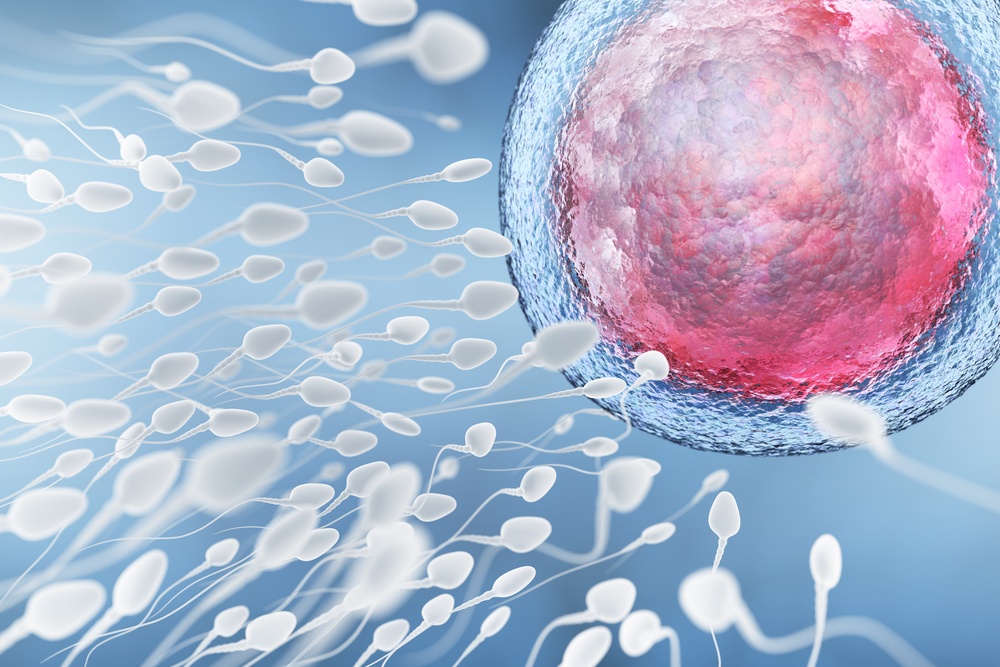Women often undergo fertility treatment at the most demanding stage of their careers, and concerns about whether IVF or other treatments will affect their work are a real consideration. Finding the time to go to all of the necessary appointments and schedule recovery time after procedures can be a challenge.
Taking Time off from Work for Fertility Treatments
What Is Reciprocal IVF for Lesbian Couples and How Much Does It Cost?
Female LGBT partners who are ready to grow their families now have many options: with the help of donor sperm, fertility treatments such as IVF and IUI have allowed thousands of lesbian couples to realise their dream of bringing home a baby with a biological link to at least one partner.
How to Pay for Your IVF Treatment: A List of Options
Finding the means to fund your IVF treatment can add an extra layer of stress, which is the last thing you need when you are already struggling with the challenges of infertility. Highly specialized and sophisticated assisted reproductive technologies (ART) require substantial financial investment, and for many families the burden of paying for this type of treatment can seem out of reach.
Talking about Infertility with Your Friends and Family
In an ideal world, every person dealing with infertility would be surrounded by the loving support of their social circle. In reality, infertility can be an isolating experience for many patients. There is still some sense of stigma and shame around the topic, although things are getting better.
Egg Donation: What Are the Legal Considerations of Using Donor Eggs with Your Fertility Treatment?
For thousands of people who are struggling to conceive, donor sperm or eggs (often referred to as gametes) can be the key which unlocks the door to parenthood. There are many reasons why you might choose to use a donor.
Why IVF Labs Are Important to Fertility Treatment Success
One of the most overlooked and yet crucial aspects of choosing a fertility clinic is the quality of the assisted reproductive technology (ART) laboratory. Your clinic may have an in-house lab (such as SCRC’s embryology lab) or outsource this part of the process to a larger hospital laboratory, but in either case, they should be able to provide you with details about the lab’s operation. Understanding what to look for and the kind of questions you should ask about the IVF lab will help you ensure that you are getting the best possible care.
Does IVF Increase Your Chances of Having Twins?
From the moment Beyonce Knowles announced that she and her husband were expecting twins, the media began speculating whether her multiple pregnancy may be the result of IVF. The couple has never commented on whether they sought assistance from fertility experts when they decided to grow their family, and their privacy is to be respected. Beyond the realm of celebrity gossip, however, the rumours have created an opportunity to discuss common misunderstandings about IVF and multiple births.
Intrauterine Insemination (IUI) vs. IVF: Which Is Right for You?
When patients first decide that they need help to conceive, the array of fertility treatment options available can seem overwhelming. When you begin your research, every piece of information you find tends to bring up more questions than it answers. How can you begin to decide which treatment is the right decision for you?
Male Infertility: Can Body Weight Affect Fertility Rates?
In the past, problems relating to women’s infertility have received more attention than the issues that contribute to men’s infertility, but the tide is turning. Fertility specialists now know that up to a third of couples who seek help conceiving deal with male-factor infertility, and today researchers are investigating how a man’s lifestyle may affect his fertility. One area that has begun to attract notice is weight gain and obesity. The links between female obesity and infertility are well established, but recent studies have suggested that a prospective father’s weight may also have a significant impact on a couple’s ability to conceive.
Can Cervical Polyps Cause Infertility?
When you are struggling to conceive, the most important question is why. There are many potential causes of infertility, ranging from the very simple to the seriously complex, which is why a thorough diagnostic process for both women and men is so important. One relatively common cause of infertility is cervical polyps. The good news is that once discovered, this is an easily treatable condition. Here’s what you need to know about cervical polyps and your fertility.














